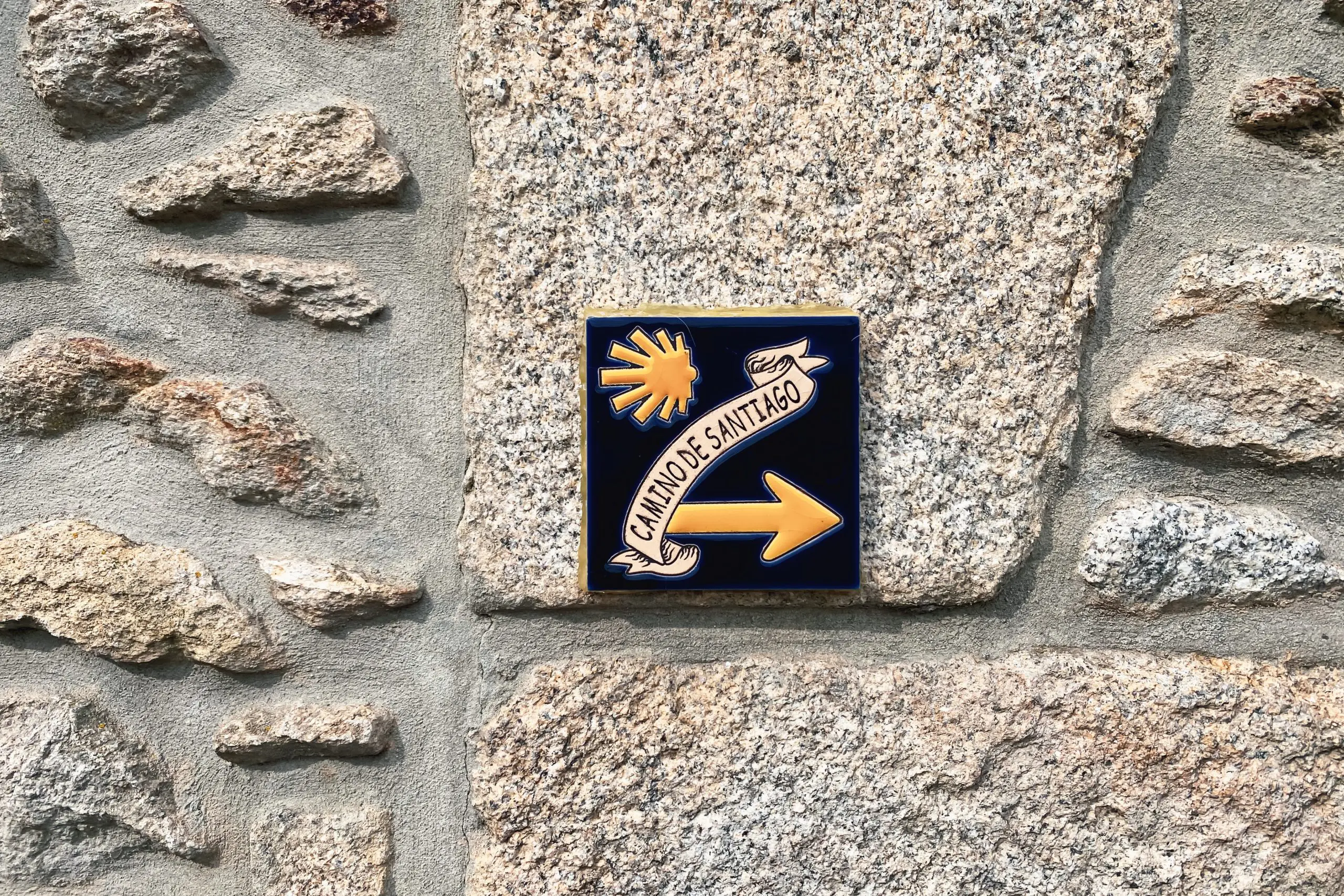
A recent survey of pilgrims on the French portions of the Camino de Santiago shows that religious motivations for walking the historic route to Santiago de Compostela in northwest Spain, traditionally believed to be the final resting place of the apostle St. James the Great, have dropped by half since 2003.
A survey by Atout France, the tourism arm of the French government, found that only about 12% of pilgrims had a religious motivation for making the trek to Santiago de Compostela on foot. Only “one respondent out of ten is in a ‘religious’ process linked to their faith,” the survey conclusions stated.
The survey included a total of 3,565 questionnaires filled out and analysed between May and November 2021. A similar survey from 2003 had found that one in five pilgrims were inspired by prayer, belief, or piety.
The pilgrims surveyed in 2021 had various motives for walking The Camino. A large majority of participants, 75%, cited the walking itself as a motive; 20% revealed that they were walking to Santiago de Compostela to “find themselves, recharge their batteries and refocus;” 25% had a cultural motive, “to discover a territory and its heritage in an original way.” Half of the respondents mentioned a quest for a “break” and the desire to “take time for oneself,” as among their reasons for walking.
Pilgrims have been walking to the northwest corner of Spain since the 9th century to honour the relics of St. James the Great. Grassroots efforts to recreate a walkable route to the Spanish city of Santiago de Compostela started in the mid-twentieth century. In 1987, The Way of St. James was recognized as a European Cultural Route by the Council of Europe, the first such designation. Mass promotion of the Camino de Santiago started in the 1990s, led by the Spanish government’s tourism and culture ministry. The popularity of the Camino has only grown since then. Despite the many travel restrictions still in place in 2021, a total of 178,912 pilgrims arrived in Santiago De Compostela last year by foot, bike, or horseback, according to the Pilgrims Welcome Office. In 2019, a total of 347,578 pilgrims completed the Camino de Santiago.
A Jacobean Holy Year is celebrated every year when the Feast of St. James, July 25th, falls on a Sunday. Pope Francis extended the 2021 Jacobean Holy Year to 2022, due to the difficulty of travel during the COVID-19 pandemic.
